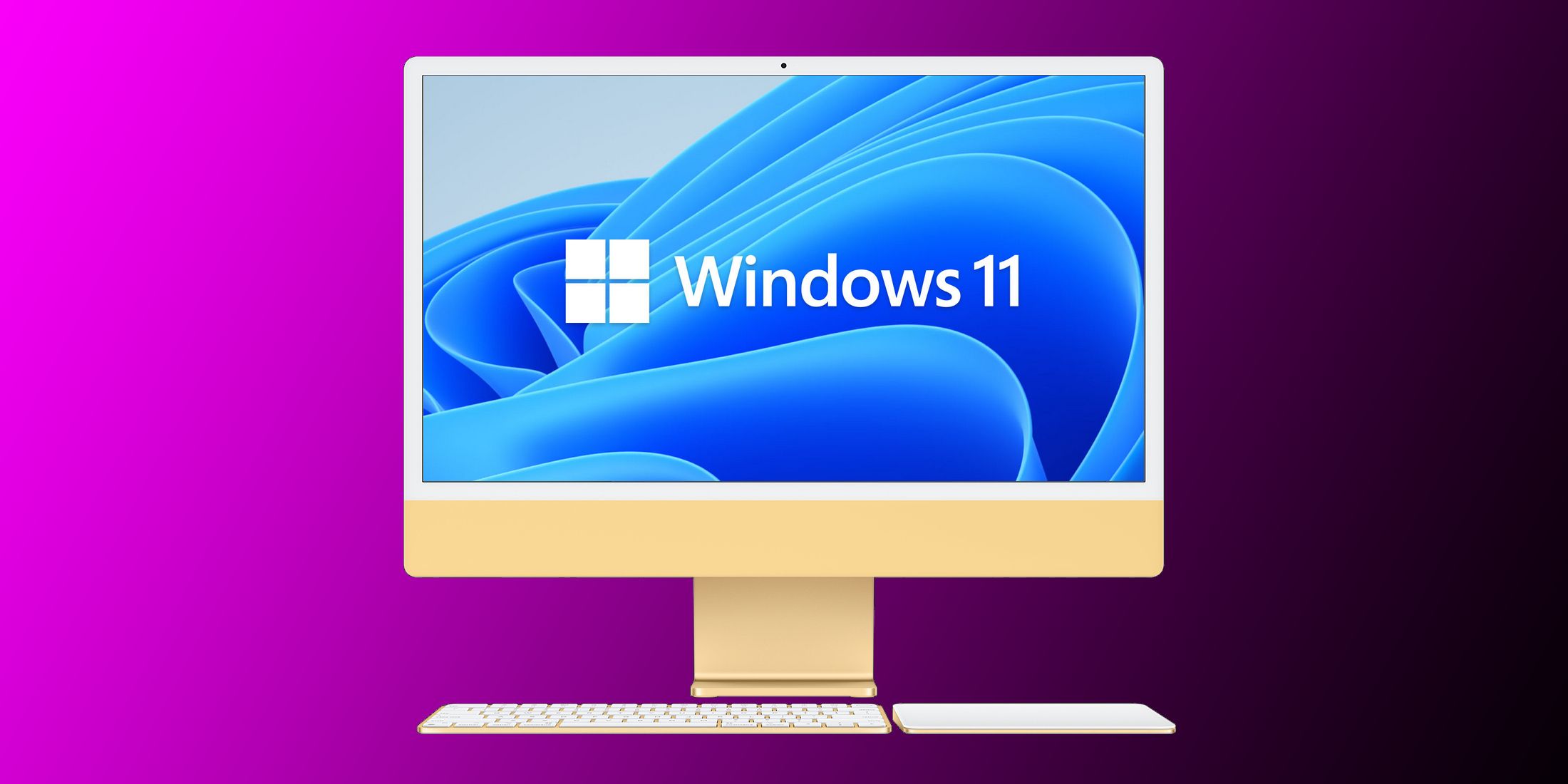Microsoft and Qualcomm have a secret exclusive deal for Windows on ARM that might be ending soon, potentially paving the way for Windows on M1 Macs. Apple users have been asking for Windows on the new Apple Silicon Macs from the get-go. And Apple has said publicly that the door is wide open.
But that’s only for a full version of Windows. M1 Mac users have been able to run Windows through emulation with programs such as Parallels. It’s not ideal as the user is effectively running two operating systems on top of one another. Add that on top of the multiple translation layers being done. Windows for ARM is very much in the early stages, so most applications will need to be translated. So a user will be looking at M1 (ARM) to Parallels (Rosetta 2) to Windows (ARM) and then back to Intel (x86) via Windows’ translation layer. Of course, there’ll be a massive battery and performance hit going this route.
But according to XDA Developers, Microsoft and Qualcomm have an exclusive deal for Windows on ARM. This would prevent other manufacturers such as Apple from obtaining a license to run Windows on ARM. And while there’s not a specific date, the report says that the exclusive deal will be ending soon.
Soon, But Not Yet

And that’s great news for users. Running something like Parallels is excellent in a pinch for lightweight applications that might not be available on macOS. The performance won’t be outstanding, and battery life will likely take a hit, but it does work. A full version of Windows through Bootcamp is better for those who need to run Windows for several hours on end a few days a week, with more intensive applications open, potentially for work. Or for the gamer who wants to have a single laptop for work and play, but needs Windows due to the lack of games on the Mac, let alone ones optimized for the M1 chip.
And for some, the lack of Windows availability on the new Apple Silicon Macs is the reason they’re holding back on upgrading from their older Macs to a new one. Outside of the lack of native support for Windows, the M1 line of Macs is generally a giant leap forward in performance and battery life for the vast majority of workflows. The worst-case scenario is it’ll run precisely at the performance/battery life ratio as the old Intel Mac. But understandably, those who need both Windows and Mac are holding off until native support for Windows 11 via Bootcamp is added.





